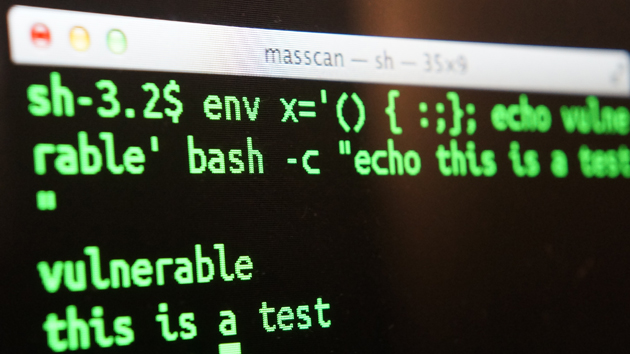Shellshock or the Bash bug is a new security flaw in most Linux and Unix based operating systems. Due to the widespread use of Bash, the bug can compromise anything from major servers to an internet enabled fridges and a majority of other connected devices that use Bash. The new bug (assigned ID: CVE-2014-6271 ) […]
We’ve discussed methods to secure Apache server and general security guidelines for server admins in the previous posts. Today, we take you through the basics to mitigate known security risks associated with PHP and Mysql Database. 1. Use php-fpm to install PHP: The fastcgi process manager php-fpm makes it easy for you to be able to […]
Apache is the most common web servers in use today. The huge community in close collaboration with cPanel is a great catalyst at adding to the adoption rate. At the moment it has some tough competition from the likes of LiteSpeed and nginx but Apache is still a favorite among beginners. Even though Apache is […]
Web based businesses buy a dedicated server for many reasons but the common factor is control. When a business has complete control over the environment its website is hosted in, it can optimize the server to suit its requirements. This quality makes dedicated servers the preferred choice for web based businesses that own a popular […]
A web hosting account that crashes or slows down when your website needs it most is a deterrent to your business plans. A dedicated server can handle both planned growth and sudden surge of traffic to your website. It can be designed to accommodate all the traffic your website can generate at any given point […]
Dear Customers, Today a very small portion of our servers got auto suspended due to a WHMCS bug; due to this some of your servers went down for a while. While the downtime was not much, we do understand how this affects your sites / projects / businesses. Our qualified developers fixed the issue as […]
It’s time for celebrationsو yes its Holiday Season folks! Time for carols, gifts, shopping, cakes and rum! We at EqServers want to wish you all a Merry Christmas and Joyous New Year. Do spend this valuable time with family and friends, they deserve it. We want to let you all know that our growth has […]
We receive a lot of tickets which ask us for help in connecting to their Windows Servers through RDP. This made me write this simple tutorial on connecting to your dedicated server using RDP.
Most of you have heard a lot about Remote Desktop Services wherein people buy powerful windows servers to accomplish tasks which cannot be accomplished by your home desktops or laptops. Windows servers come in handy to run heavy programs and they tend to have greater speeds too.
Brute Force Detection is a modular shell script for parsing applicable logs and checking for authentication failures.
 Eqservers
Eqservers EqServers News
EqServers News 28/09/2014
28/09/2014







